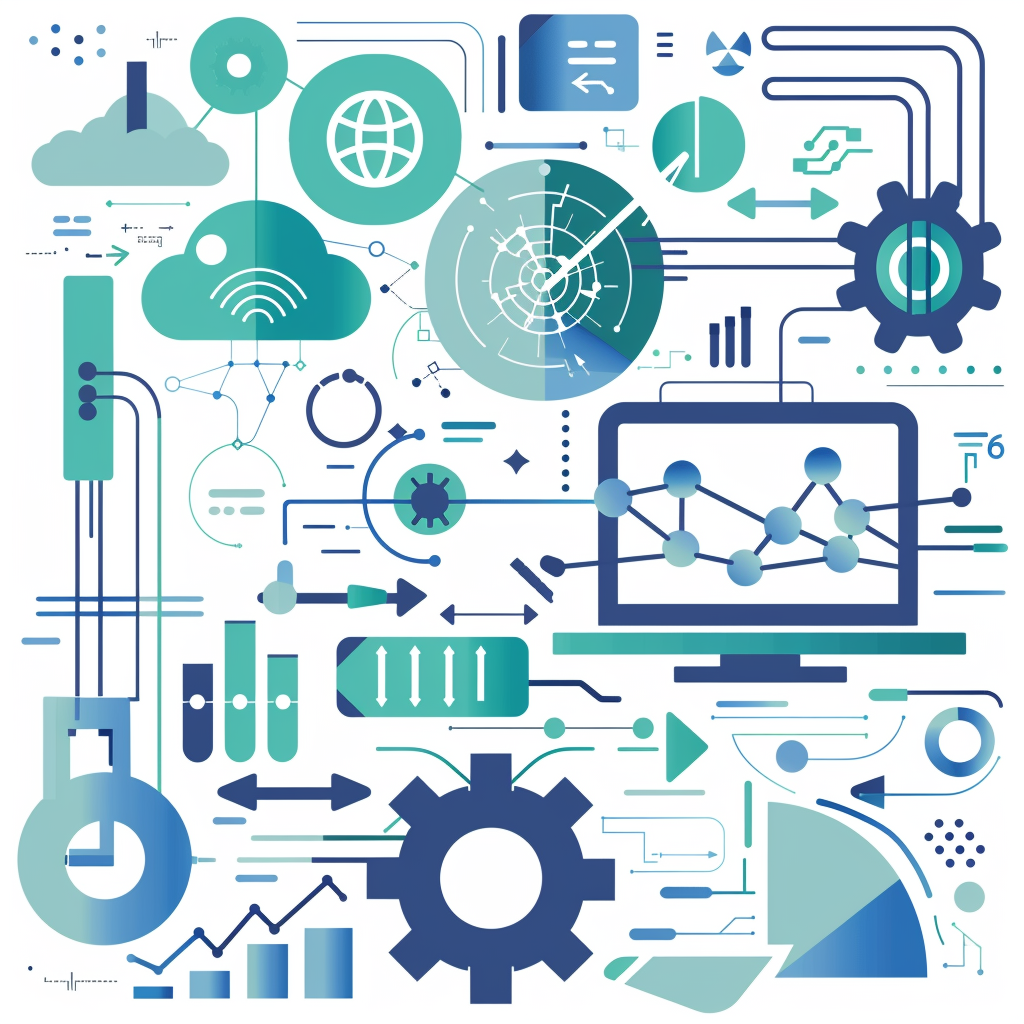How AI is Revolutionizing Small Business Operations
In the rapidly evolving world of technology, artificial intelligence (AI) is no longer a concept reserved for large corporations with vast resources. Small businesses, too, are increasingly embracing AI to streamline processes, reduce costs, and improve efficiency. This transformation is not just a trend but a significant shift that promises to revolutionize the way small businesses operate, making them more competitive and resilient in a dynamic market.
Streamlining Processes with AI
One of the most significant advantages of AI for small businesses is its ability to streamline processes. Traditionally, tasks such as data entry, customer service, and inventory management required a substantial amount of time and manual effort. However, AI-driven tools can now automate these processes, freeing up valuable time for small business owners and their teams to focus on more strategic activities.
For instance, AI-powered chatbots can handle customer inquiries 24/7, providing instant responses and resolving common issues without the need for human intervention. This not only improves customer satisfaction but also reduces the workload on staff, allowing them to concentrate on tasks that require a more personal touch. Additionally, AI-driven software can automate repetitive tasks such as scheduling, invoicing, and inventory tracking, ensuring that these processes are completed accurately and efficiently.
Reducing Costs Through Automation
Cost reduction is a primary concern for many small businesses, and AI offers several ways to achieve this goal. By automating routine tasks, AI can significantly reduce labor costs. For example, instead of hiring additional staff to manage customer service, a small business can deploy an AI chatbot that handles multiple inquiries simultaneously. This not only cuts down on payroll expenses but also increases efficiency, as the AI can handle inquiries faster than a human could.
Moreover, AI can help small businesses optimize their operations, leading to cost savings. AI-driven analytics tools can analyze vast amounts of data to identify inefficiencies, such as excessive energy use, overstocking, or underutilized resources. By addressing these inefficiencies, businesses can reduce waste, lower operational costs, and improve profitability.
AI can also assist in making more informed financial decisions. For instance, AI-powered financial management tools can track expenses, predict cash flow, and identify potential savings opportunities. These tools provide real-time insights that enable small business owners to make smarter financial decisions, ultimately contributing to cost reduction.
Improving Efficiency with AI
Efficiency is critical for small businesses looking to compete with larger companies. AI enhances efficiency by optimizing various aspects of business operations. For example, AI-driven customer relationship management (CRM) systems can analyze customer data to identify patterns and trends, allowing businesses to tailor their marketing efforts more effectively. By targeting the right customers with the right messages at the right time, businesses can improve their marketing efficiency and increase sales.
AI can also improve supply chain management. AI algorithms can predict demand more accurately, allowing businesses to optimize their inventory levels and reduce the risk of stockouts or overstocking. This not only improves efficiency but also reduces costs associated with excess inventory or lost sales.
Another area where AI improves efficiency is in decision-making. AI tools can process vast amounts of data quickly, providing business owners with actionable insights that inform their decisions. Whether it’s determining the best pricing strategy, identifying new market opportunities, or optimizing product offerings, AI empowers small business owners to make data-driven decisions that enhance efficiency and drive growth.
The Future of AI in Small Business
As AI technology continues to evolve, its impact on small business operations will only grow. In the near future, we can expect to see even more advanced AI tools that offer greater automation, deeper insights, and more personalized customer experiences. Small businesses that embrace AI now will be better positioned to leverage these advancements, staying ahead of the competition and thriving in an increasingly digital economy.
In conclusion, AI is revolutionizing small business operations by streamlining processes, reducing costs, and improving efficiency. By adopting AI-driven tools, small businesses can not only enhance their current operations but also prepare for a future where AI plays an increasingly central role in business success. As the AI revolution continues, small businesses have the opportunity to harness its power to drive growth, innovation, and long-term sustainability.



Leave a Reply